-

Chocolate Strawberry Baked Oats
Let me be honest — I had zero motivation this Monday morning. I tried to drag myself to the gym but ended up back und...
-

Chocolate Cheesecake (For Breakfast?! Yes Please)
If you’ve ever woken up with dessert on your mind (guilty 😅), this cozy little cheesecake bake is going to hit all th...
-

Breakfast Coffee Chocolate Oats
The coziest mocha moment in a bowl — a breakfast for coffee lovers!
I don’t know about you, but when mornings feel ...
-
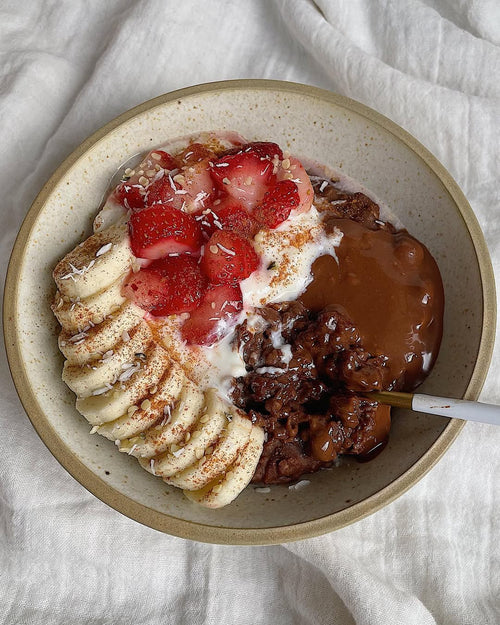
Chocolate Strawberry Covered Morning Bliss
A Cozy, Nourishing Bowl That Tastes Like Dessert for Breakfast
You know those mornings when you want something warm, ...
-

Tiramisu Choco Pancakes – A Coffee Lover’s Dream Breakfast
Let’s be honest—some mornings just scream for a breakfast that feels a little extra. On days when you want something ...
-
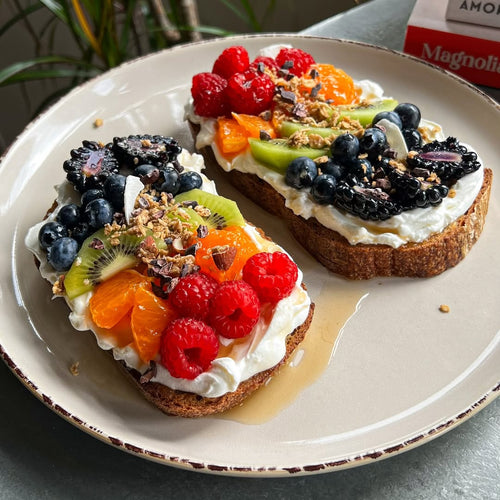
Rainbow Fruit Toasts: A Colorful Start to Any Morning
Table of Contents
Introduction
Why I Make Rainbow Toasts
Ingredients You’ll Need
How to Make Rainbow Toasts
Tips t...
-

10 Healthy Breakfast Ideas to Start Your Day Right
Kickstart your mornings with these 10 healthy breakfast ideas that are both easy to make and packed with nutrients. D...
-

Easy Breakfast Recipes for Busy Mornings (#3 Is The Best!)
Start your mornings right with these easy and quick breakfast recipes, perfect for busy days. Whether you're looking ...
-

How to Make Fluffy Pancakes at Home
Discover the ultimate recipe for making soft, fluffy pancakes at home without any fancy ingredients or equipment. Th...
-

The Most Amazing Food Recipes You Want To Make In This 2025
Subscribe to our emails
Be the first to know about new posts , giveaways and so much more!
Email
...
-
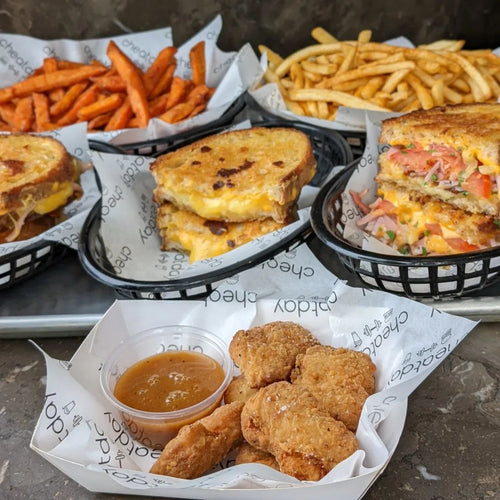
Amazing Food Videos #104
Subscribe to our emails
Be the first to know about new posts , giveaways and so much more!
Email
...
-

Amazing Food Videos #103
Subscribe to our emails
Be the first to know about new posts , giveaways and so much more!
Email
...
-

Amazing Food Videos #102
Subscribe to our emails
Be the first to know about new posts , giveaways and so much more!
Email
...
-

Amazing Food Videos #101
Subscribe to our emails
Be the first to know about new posts , giveaways and so much more!
Email
...
-
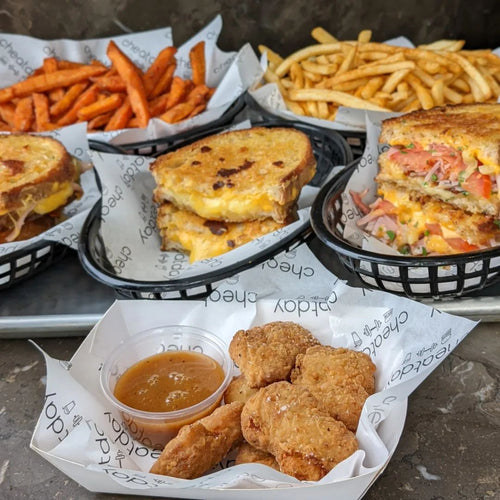
Amazing Food Videos #100
Subscribe to our emails
Be the first to know about new posts , giveaways and so much more!
Email
...
-
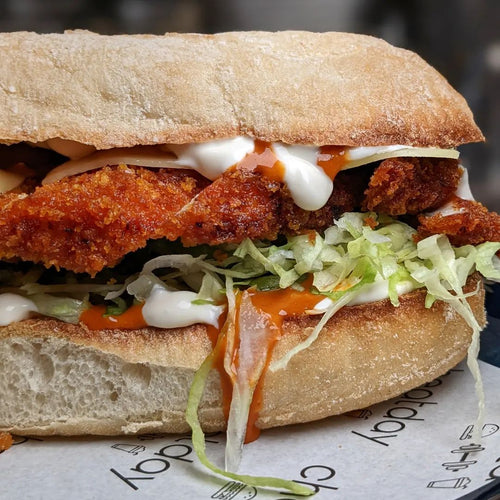
Amazing Food Videos #99
Subscribe to our emails
Be the first to know about new posts , giveaways and so much more!
Email
...
-

Amazing Food Videos #98
Subscribe to our emails
Be the first to know about new posts , giveaways and so much more!
Email
...
-

Amazing Food Videos #97
Subscribe to our emails
Be the first to know about new posts , giveaways and so much more!
Email
...
-

Amazing Food Videos #96
Subscribe to our emails
Be the first to know about new posts , giveaways and so much more!
Email
...
-

Amazing Food Videos #95
Subscribe to our emails
Be the first to know about new posts , giveaways and so much more!
Email
...
-

Amazing Food Videos #94
Subscribe to our emails
Be the first to know about new posts , giveaways and so much more!
Email
...
-

Amazing Food Videos #93
Subscribe to our emails
Be the first to know about new posts , giveaways and so much more!
Email
...
-

Amazing Food Videos #92
Subscribe to our emails
Be the first to know about new posts , giveaways and so much more!
Email
...
-
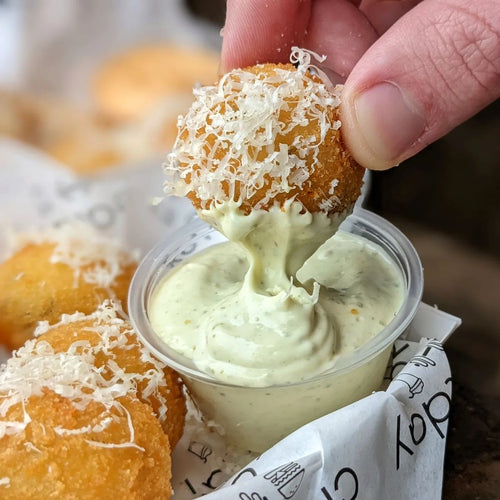
Amazing Food Videos #91
Subscribe to our emails
Be the first to know about new posts , giveaways and so much more!
Email
...
-

Amazing Food Videos #90
Subscribe to our emails
Be the first to know about new posts , giveaways and so much more!
Email
...
-
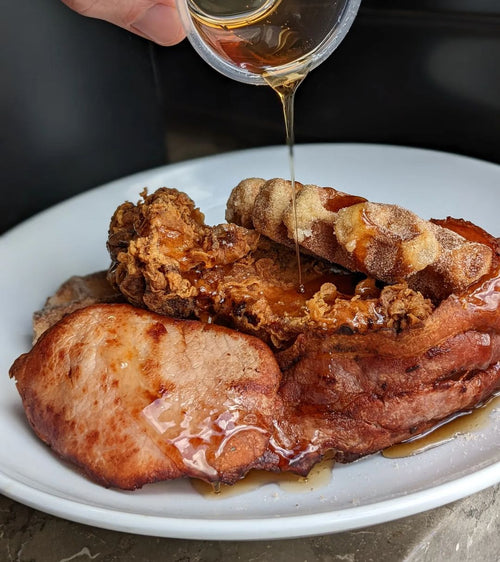
Amazing Food Videos #89
Subscribe to our emails
Be the first to know about new posts , giveaways and so much more!
Email
...
-

Amazing Food Videos #88
Subscribe to our emails
Be the first to know about new posts , giveaways and so much more!
Email
...
-
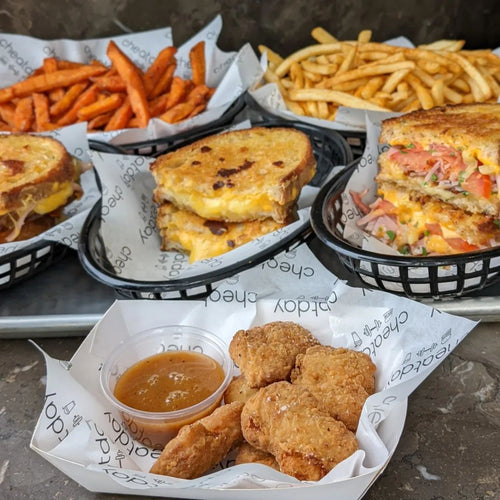
Amazing Food Videos #87
Subscribe to our emails
Be the first to know about new posts , giveaways and so much more!
Email
...
-

Amazing Food Videos #86
Subscribe to our emails
Be the first to know about new posts , giveaways and so much more!
Email
...
-

Amazing Food Videos #85
Subscribe to our emails
Be the first to know about new posts , giveaways and so much more!
Email
...
-

Amazing Food Videos #84
Subscribe to our emails
Be the first to know about new posts , giveaways and so much more!
Email
...
-
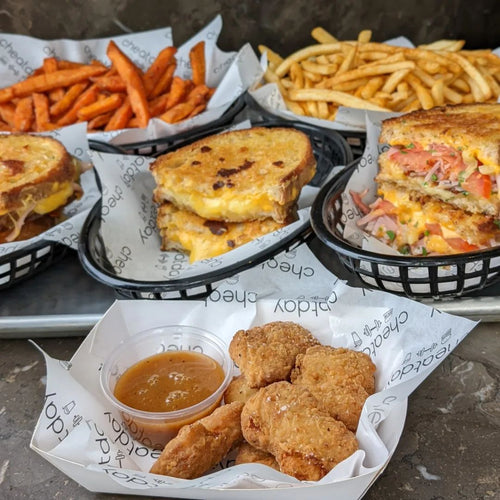
Amazing Food Videos #83
Subscribe to our emails
Be the first to know about new posts , giveaways and so much more!
Email
...
-

Amazing Food Videos #82
Subscribe to our emails
Be the first to know about new posts , giveaways and so much more!
Email
...
-
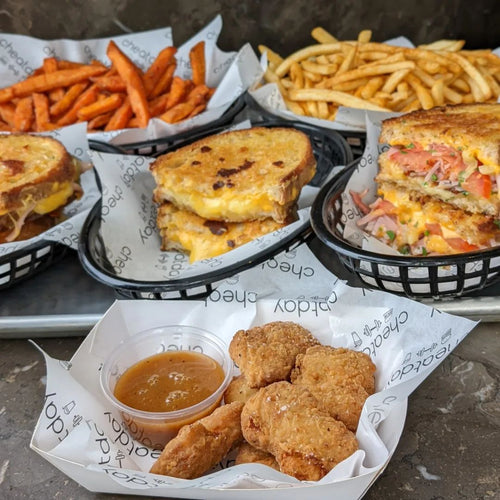
Amazing Food Videos #81
Subscribe to our emails
Be the first to know about new posts , giveaways and so much more!
Email
...
-

Amazing Food Videos #80
Subscribe to our emails
Be the first to know about new posts , giveaways and so much more!
Email
...
-

Amazing Food Videos #79
Subscribe to our emails
Be the first to know about new posts , giveaways and so much more!
Email
...
-

Amazing Food Videos #78
Subscribe to our emails
Be the first to know about new posts , giveaways and so much more!
Email
...
-
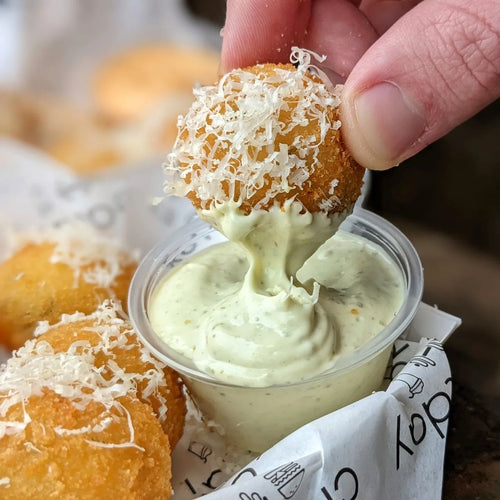
Amazing Food Videos #77
Subscribe to our emails
Be the first to know about new posts , giveaways and so much more!
Email
...
-

Amazing Food Videos #76
Subscribe to our emails
Be the first to know about new posts , giveaways and so much more!
Email
...
-

Amazing Food Videos #75
Subscribe to our emails
Be the first to know about new posts , giveaways and so much more!
Email
...
-

Amazing Food Videos #74
Subscribe to our emails
Be the first to know about new posts , giveaways and so much more!
Email
...
-
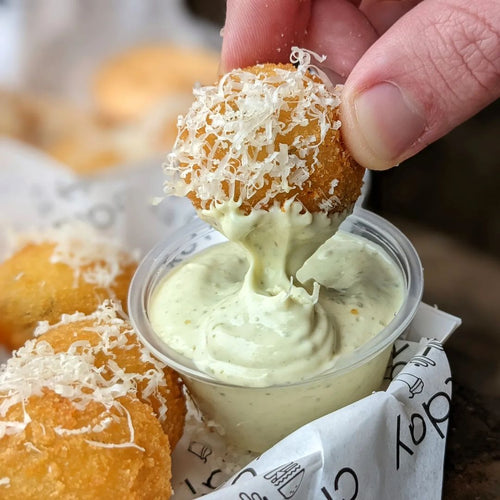
Amazing Food Videos #73
Subscribe to our emails
Be the first to know about new posts , giveaways and so much more!
Email
...
-
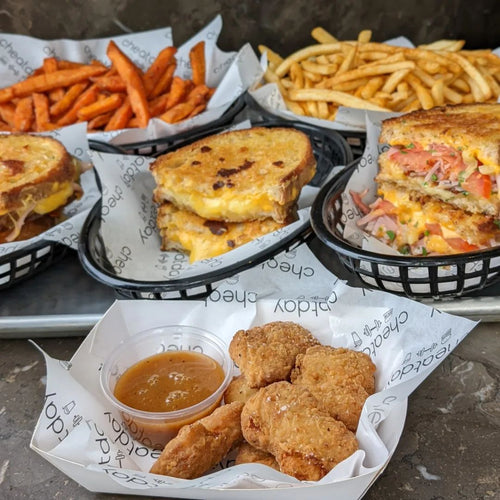
Amazing Food Videos #72
Subscribe to our emails
Be the first to know about new posts , giveaways and so much more!
Email
...
-
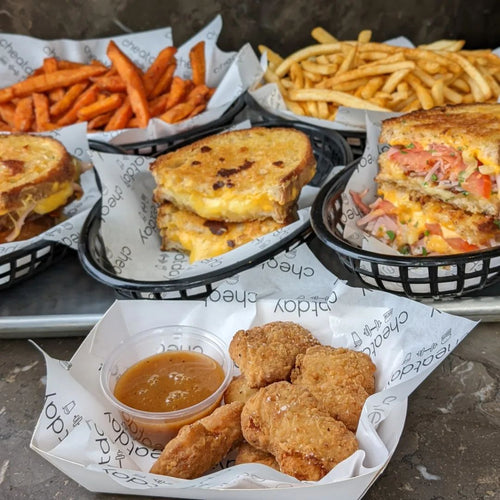
Amazing Food Videos #71
Subscribe to our emails
Be the first to know about new posts , giveaways and so much more!
Email
...
-

Amazing Food Videos #70
Subscribe to our emails
Be the first to know about new posts , giveaways and so much more!
Email
...
-

Amazing Food Videos #69
Subscribe to our emails
Be the first to know about new posts , giveaways and so much more!
Email
...
-
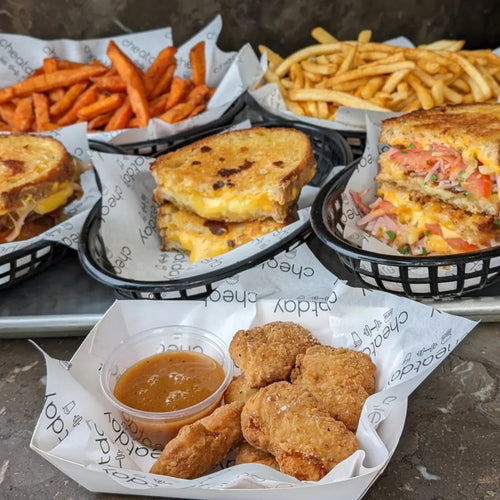
Amazing Food Videos #68
Subscribe to our emails
Be the first to know about new posts , giveaways and so much more!
Email
...
-

Amazing Food Videos #67
Subscribe to our emails
Be the first to know about new posts , giveaways and so much more!
Email
...
-
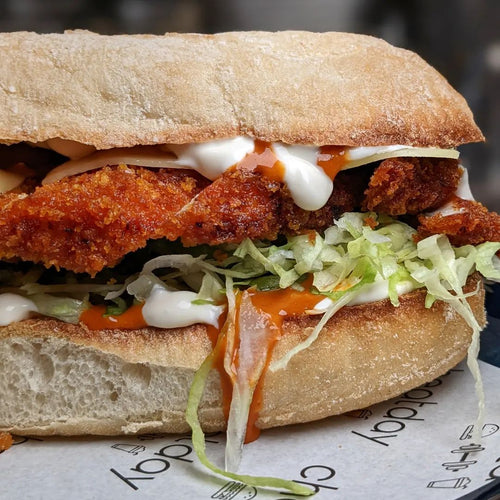
Amazing Food Videos #66
Subscribe to our emails
Be the first to know about new posts , giveaways and so much more!
Email
...
-
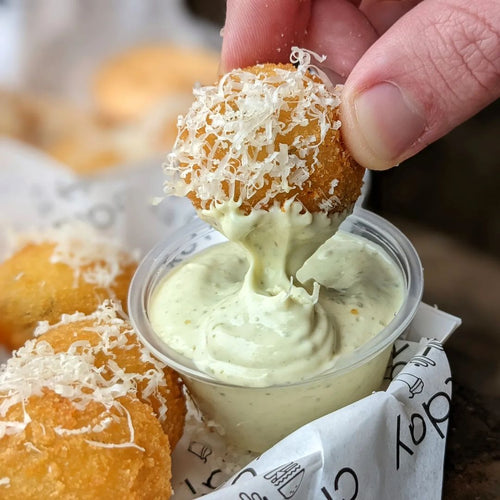
Amazing Food Videos #65
Subscribe to our emails
Be the first to know about new posts , giveaways and so much more!
Email
...
-

Amazing Food Videos #64
Subscribe to our emails
Be the first to know about new posts , giveaways and so much more!
Email
...
-

Amazing Food Videos #63
Subscribe to our emails
Be the first to know about new posts , giveaways and so much more!
Email
...
-

Amazing Food Videos #62
Subscribe to our emails
Be the first to know about new posts , giveaways and so much more!
Email
...
-
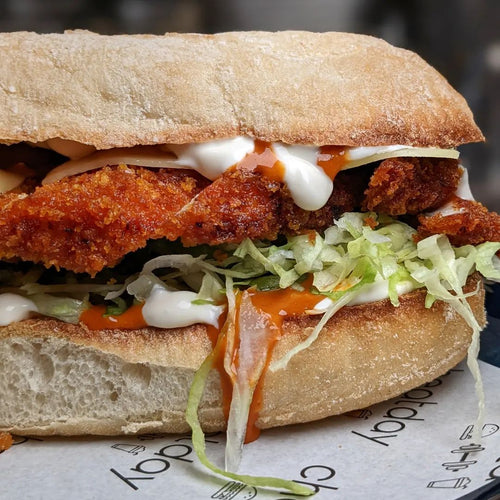
Amazing Food Videos #61
Subscribe to our emails
Be the first to know about new posts , giveaways and so much more!
Email
...
-
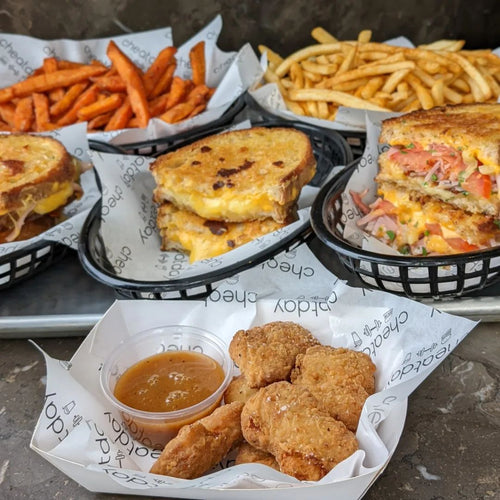
Amazing Food Videos #60
Subscribe to our emails
Be the first to know about new posts , giveaways and so much more!
Email
...
-
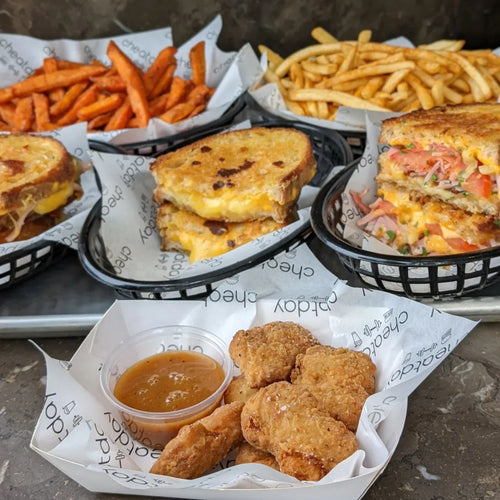
Amazing Food Videos #59
Subscribe to our emails
Be the first to know about new posts , giveaways and so much more!
Email
...
-

Amazing Food Videos #58
Subscribe to our emails
Be the first to know about new posts , giveaways and so much more!
Email
...
-
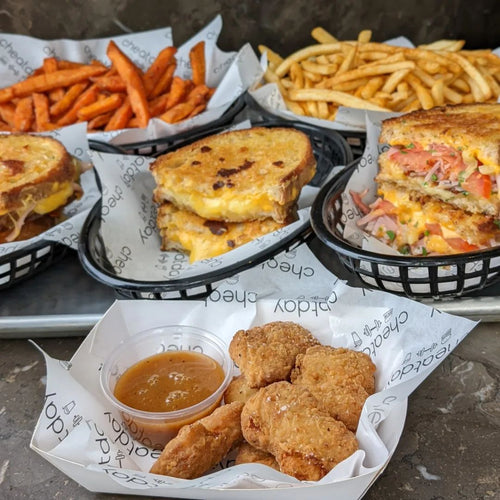
Amazing Food Videos #57
Subscribe to our emails
Be the first to know about new posts , giveaways and so much more!
Email
...
-

Amazing Food Videos #56
Subscribe to our emails
Be the first to know about new posts , giveaways and so much more!
Email
...
-
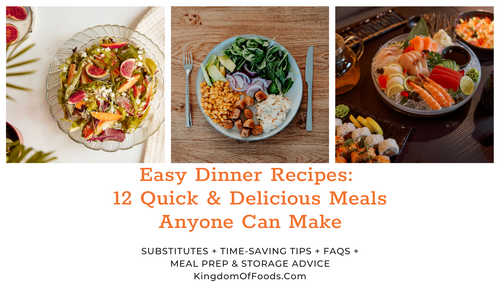
Easy Dinner Recipes: 12 Quick & Delicious Meals Anyone Can Make
Looking for easy dinner recipes that are healthy, quick, and satisfying? This guide features 12 beginner-friendly mea...
-
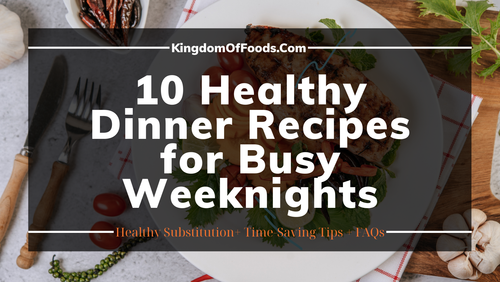
10 Healthy Dinner Recipes for Busy Weeknights
After a long day at work, the last thing you want to do is spend hours in the kitchen. But that doesn’t mean you have...
-

5 Simple High-Protein Dinner Recipes
Looking for simple, high-protein dinner recipes? Discover these easy, healthy, and protein-packed meals perfect for m...
-
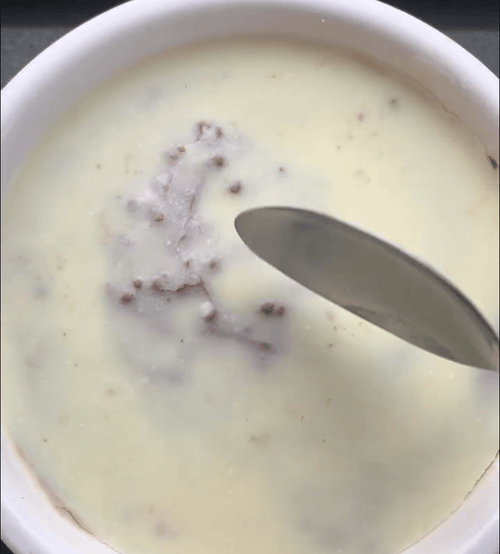
Creamy, Chocolatey, Crackly — My Dream Brownie Dessert
High-protein, creamy, and indulgently satisfying
A Guilt-Free Dessert That Feels Like a Hug
Have you ever had one ...
-
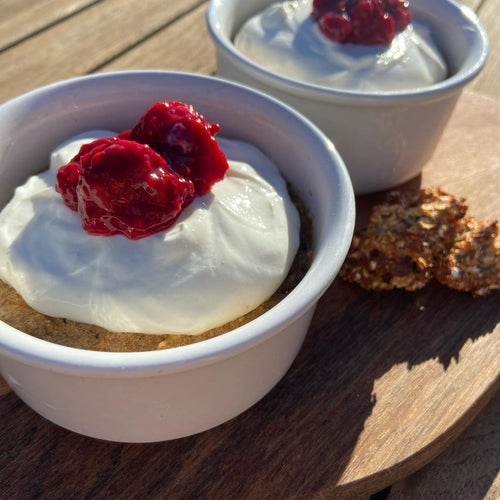
Divine Delight: Gluten-Free and Dairy-Free Carrot Cake with Cream Cheese Frosting
Ingredients
Cake
1 ripe banana
1 egg
60g oats
80g carrots
1/2 tsp baking powder
1 tsp cinnamon
30-4...
-

ALMOND BUTTER CUPS: A Delectable Delight, Gluten-Free & Vegan Bliss
Indulge your sweet cravings with these heavenly treats, a recipe I find myself making for the third time because my b...
-
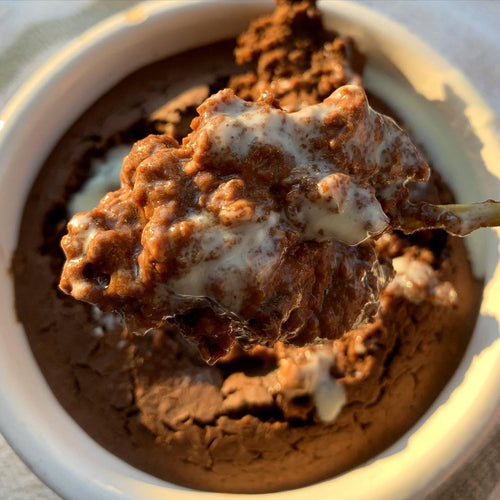
A Decadent Delight: Embracing the Magic of Double Chocolate Lava Cake
Hey dessert enthusiasts! Ready for a journey into the realm of indulgence? Today, let's explore the encha...
-

A Morning Delight: Crafting the Perfect Chocolate Chip Pancakes Experience
Good morning, pancake enthusiasts! Today, I'm thrilled to guide you through the artistry of creating the ...
-
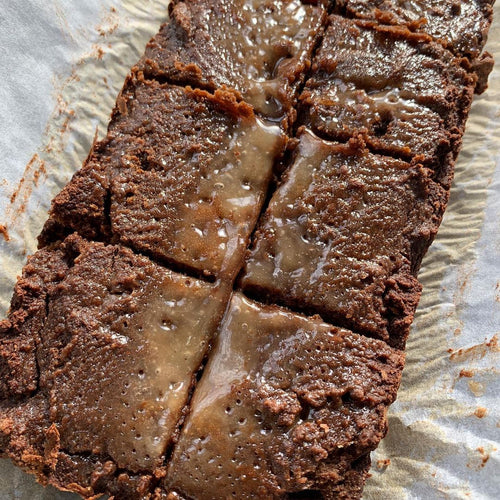
A Symphony of Flavor: Journey into Bliss with Vietnamese Coffee Brownies
Hey fellow dessert enthusiasts! Today, I'm beyond excited to share a recipe that has become a real treasu...
-

Tips for Choosing the Best Chocolate for Cooking
Tips for Choosing the Best Chocolate for Cooking
Choosing the right chocolate can completely change the outcome of yo...
-

Essential Kitchen Items: All Must-Have Tools for Every Home Cook
Setting up a kitchen or upgrading your tools? Discover 25+ essential kitchen items that every home cook needs. From c...
-

Slice with Precision: A Guide to Keeping Your Knives Sharp
A sharp knife is an indispensable tool in the kitchen, making food prep faster, safer, and more enjoyable. However, k...
-

Unleash Your Inner Chef: How to Have Fun and Be Creative in the Kitchen
The kitchen is not just a place for cooking; it's a space where you can unleash your creativity, experiment with flav...
-

Master Your Kitchen: 10 Useful Tips for a More Efficient and Enjoyable Cooking Experience
Welcome to the heart of the home - the kitchen! Whether you're a seasoned chef or just starting out on your culinary ...
-

Guide to Classifying Different Types of Forks: Tips for Choosing the Right Utensil for a Perfect Meal
Have you ever wondered about the difference between the various forks in your drawer? While it may seem like a minor ...
-
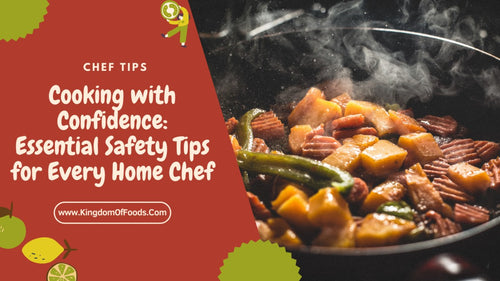
Cooking with Confidence: Essential Safety Tips for Every Home Chef
Cooking is a delightful and rewarding activity that allows us to express our creativity, nourish our bodies, and brin...
-

Mastering the Art of Egg Cookery: 5 Delicious Techniques
Eggs are perhaps one of the most versatile and beloved ingredients in the culinary world. From breakfast ...
-

Craving Low-Carb Dinners That Melt Pounds Away? Discover the Secret
What if you could enjoy mouthwatering dinners that satisfy your cravings while helping you shed pounds effortlessly? ...
-

These 5 High-Protein Weight-Loss Breakfast Recipes Will Transform Your Mornings – Are You Ready?
Imagine starting your day with a breakfast that not only tastes incredible but also fuels your weight-loss goals—soun...
-

5 Tasty, Weight-loss Friendly Salads Recipes
Discover light and refreshing weight-loss salads that are perfect for a healthy lifestyle. Packed with veggies, lean ...
-

5 Healthy Smoothie Recipes for Weight Loss
Discover 5 delicious and healthy smoothie recipes perfect for weight loss. These quick and easy drinks are packed wit...
-
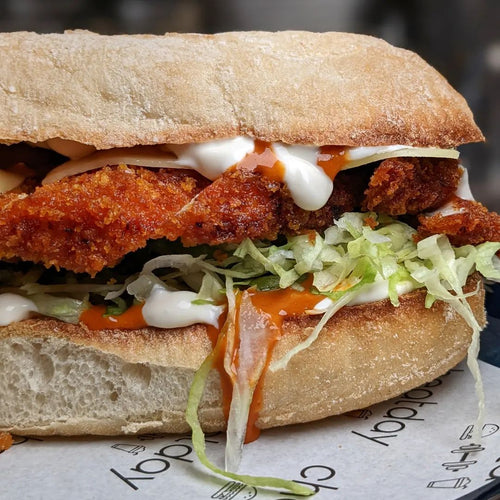
Top 10 Easy Recipes To Make In Anytime (With Videos and Ingredients)
Subscribe to our emails
Be the first to know about new posts , giveaways and so much more!
Email
...
-
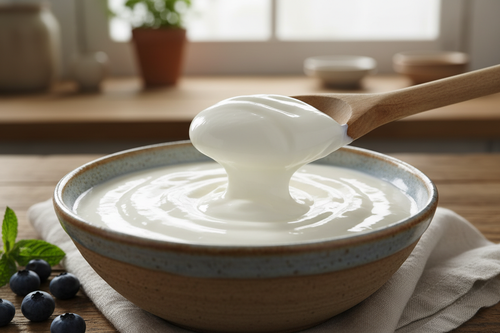
Best Amazing Recipes For You In This 2026 #3
Subscribe to our emails
Be the first to know about new adorable pet stories.
Email
1....
-
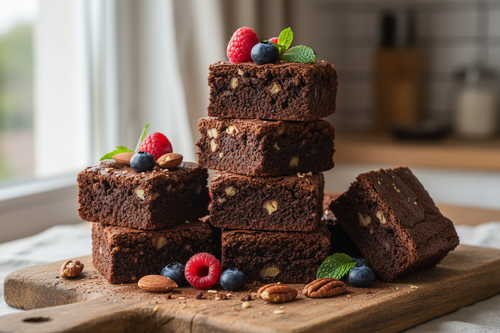
Best Amazing Recipes For You In This 2026 #2
Subscribe to our emails
Be the first to know about new adorable pet stories.
Email
1....
-
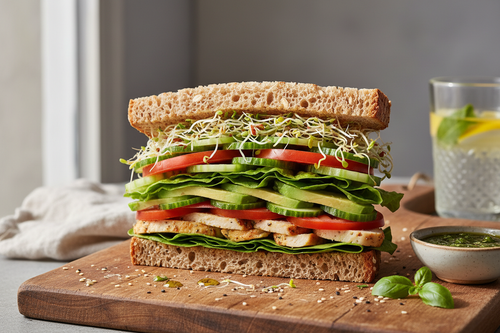
Best Amazing Recipes For You In This 2026 #1
Subscribe to our emails
Be the first to know about new adorable pet stories.
Email
1....
-

Best Amazing Recipes For You In This 2026
Subscribe to our emails
Be the first to know about new adorable pet stories.
Email
1....
-
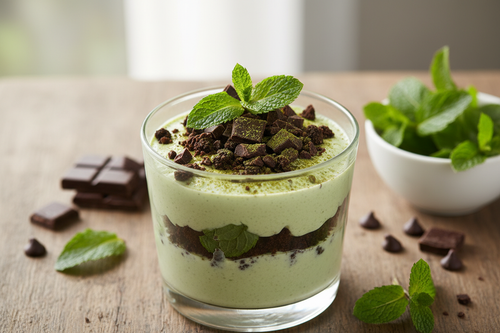
The Most Amazing Food Recipes You Want To Make In This 2025 #29
Subscribe to our emails
Be the first to know about new adorable pet stories.
Email
1....
-

The Most Amazing Food Recipes You Want To Make In This 2025 #28
Subscribe to our emails
Be the first to know about new adorable pet stories.
Email
1....
-
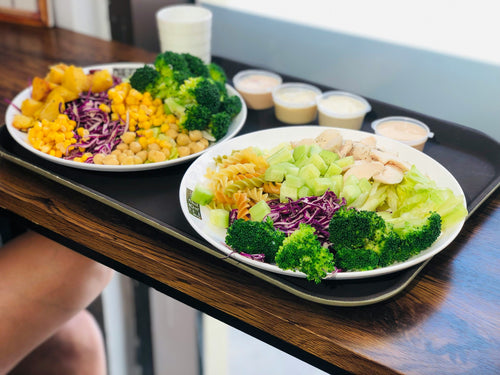
The Most Amazing Food Recipes You Want To Make In This 2025 #27
Subscribe to our emails
Be the first to know about new adorable pet stories.
Email
1....
-
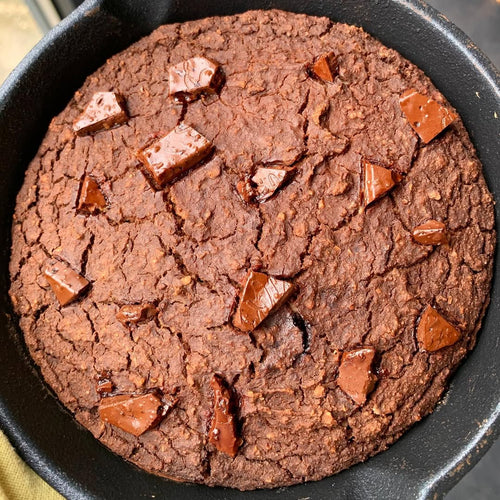
Easy Chocolate Brownie Skillet
Brownie Skillet
If you are craving a warm, chocolatey dessert that feels comforting but is still simple to make, this...
-

My Favorite No-Bake White Chocolate Raspberry Truffles
White Chocolate and Raspberry Protein Truffles
If you love sweet treats but still want something balanced and homemad...
-
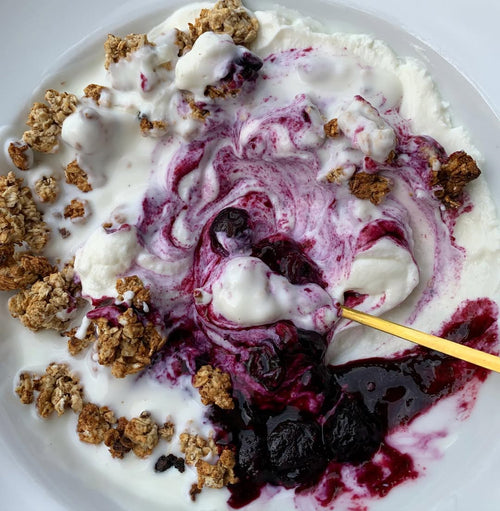
A Warm, Cozy Granola Recipe Made in 5 Minutes
If you are looking for a quick, wholesome breakfast or snack that feels comforting without taking much time, this air...
-
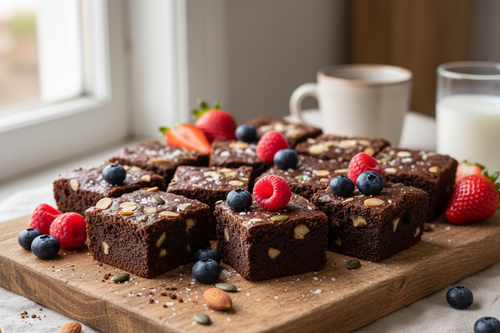
The Most Amazing Food Recipes You Want To Make In This 2025 #26
Subscribe to our emails
Be the first to know about new adorable pet stories.
Email
1....
-
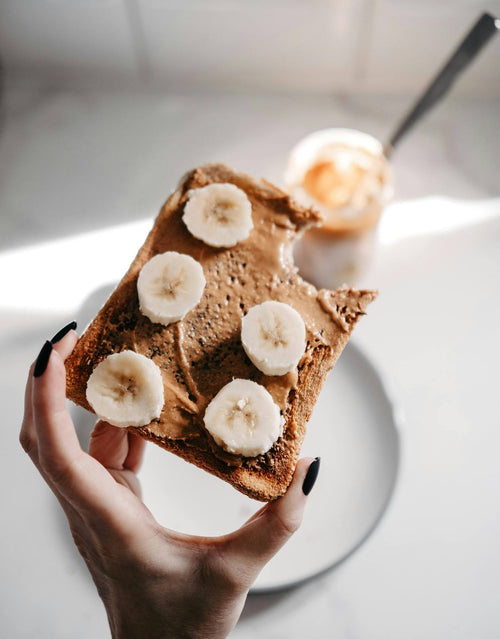
The Most Amazing Food Recipes You Want To Make In This 2025 #25
Subscribe to our emails
Be the first to know about new adorable pet stories.
Email
1....
-
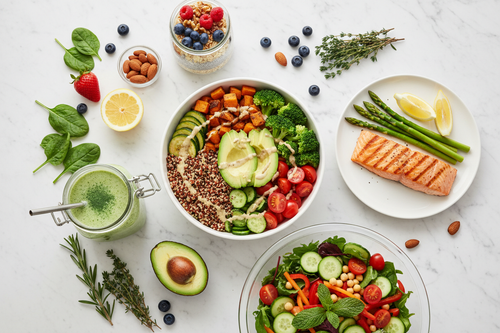
The Most Amazing Food Recipes You Want To Make In This 2025 #24
Subscribe to our emails
Be the first to know about new adorable pet stories.
Email
1....
-
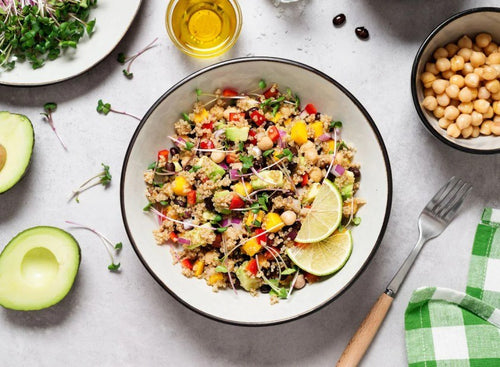
The Most Amazing Food Recipes You Want To Make In This 2025 #23
Subscribe to our emails
Be the first to know about new posts , giveaways and so much more!
Email
...
-

The Most Amazing Food Recipes You Want To Make In This 2025 #22
Subscribe to our emails
Be the first to know about new posts , giveaways and so much more!
Email
...
-

The Most Amazing Food Recipes You Want To Make In This 2025 #21
Subscribe to our emails
Be the first to know about new posts , giveaways and so much more!
Email
...
-

The Most Amazing Food Recipes You Want To Make In This 2025 #20
Subscribe to our emails
Be the first to know about new posts , giveaways and so much more!
Email
...
-

The Most Amazing Food Recipes You Want To Make In This 2025 #19
Subscribe to our emails
Be the first to know about new posts , giveaways and so much more!
Email
...
-

The Most Amazing Food Recipes You Want To Make In This 2025 #18
Subscribe to our emails
Be the first to know about new posts , giveaways and so much more!
Email
...
-

The Most Amazing Food Recipes You Want To Make In This 2025 #17
Subscribe to our emails
Be the first to know about new posts , giveaways and so much more!
Email
...
-

The Most Amazing Food Recipes You Want To Make In This 2025 #16
Subscribe to our emails
Be the first to know about new posts , giveaways and so much more!
Email
...
-

The Most Amazing Food Recipes You Want To Make In This 2025 #15
Subscribe to our emails
Be the first to know about new posts , giveaways and so much more!
Email
...
-

The Most Amazing Food Recipes You Want To Make In This 2025 #14
Subscribe to our emails
Be the first to know about new posts , giveaways and so much more!
Email
...
-

The Most Amazing Food Recipes You Want To Make In This 2025 #13
Subscribe to our emails
Be the first to know about new posts , giveaways and so much more!
Email
...
-

The Most Amazing Food Recipes You Want To Make In This 2025 #12
Subscribe to our emails
Be the first to know about new posts , giveaways and so much more!
Email
...
-

Brownie Batter Pancakes (But Make It Breakfast!) 🍫🥞
There's something deeply comforting about starting the day with pancakes, especially when they taste like a gooey, r...
-
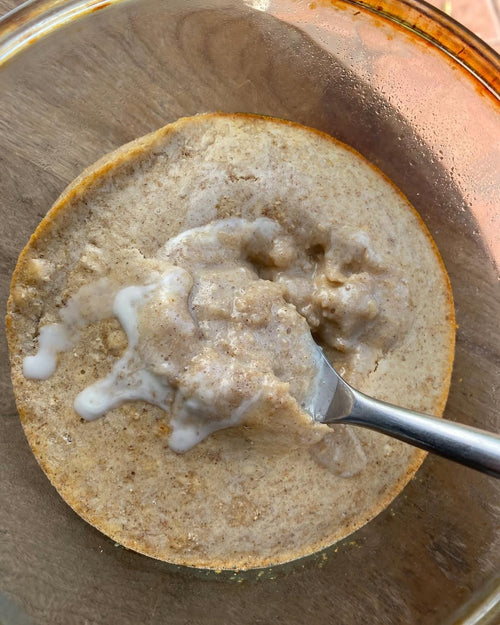
Vanilla White Chocolate Truffle Baked Oats
The ultimate cozy-meets-indulgent breakfast treat 💛
Let me tell you… This morning’s baked oats turned out way bette...
-

The Most Amazing Food Recipes You Want To Make In This 2025 #11
Subscribe to our emails
Be the first to know about new posts , giveaways and so much more!
Email
...
-

The Most Amazing Food Recipes You Want To Make In This 2025 #10
Subscribe to our emails
Be the first to know about new posts , giveaways and so much more!
Email
...
-
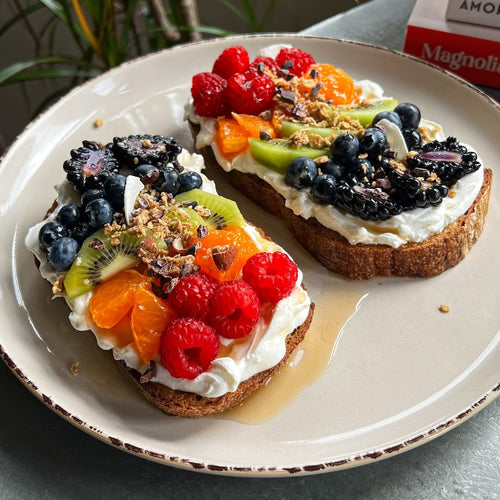
The Most Amazing Food Recipes You Want To Make In This 2025 #9
Subscribe to our emails
Be the first to know about new posts , giveaways and so much more!
Email
...
-

Chocolate Protein Pancakes – Healthy, Fluffy & So Satisfying
If you’re anything like me, mornings are sacred — and the right breakfast sets the tone for the whole day. These choc...
-

Gluten-Free Pizza Roll Recipe (Lactose-Free Too!)
Because sometimes, all you need is a warm, cheesy swirl of joy.
There are days when all I want is pizza—like, real ...
-

Strawberry Lover’s Dream: Chunky Overnight Oats in a Jar 🍓
🌸 Table of Contents
Introduction
Why This Jar is My Happy Place
What’s in the Jar
How to Make It
Tips for Perfect O...
-

The Most Amazing Food Recipes You Want To Make In This 2025 #8
Subscribe to our emails
Be the first to know about new posts , giveaways and so much more!
Email
...
-
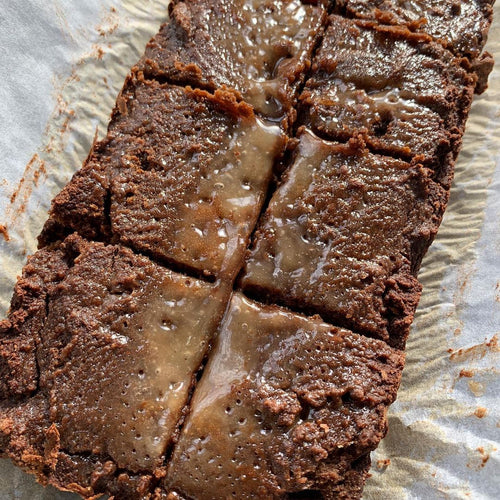
The Most Amazing Food Recipes You Want To Make In This 2025 #7
Subscribe to our emails
Be the first to know about new posts , giveaways and so much more!
Email
...
-
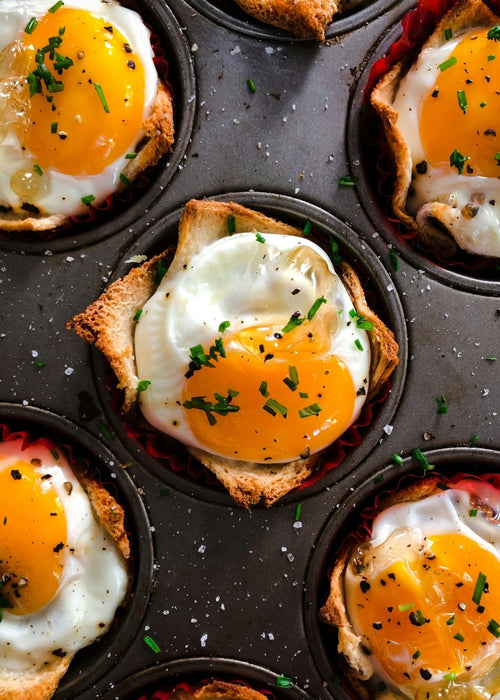
The Most Amazing Food Recipes You Want To Make In This 2025 #6
Subscribe to our emails
Be the first to know about new posts , giveaways and so much more!
Email
...
-
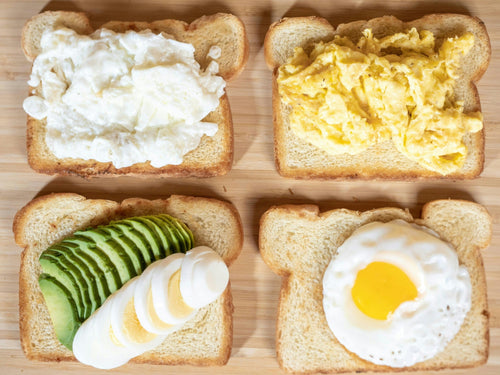
The Most Amazing Food Recipes You Want To Make In This 2025 #5
Subscribe to our emails
Be the first to know about new posts , giveaways and so much more!
Email
...
-
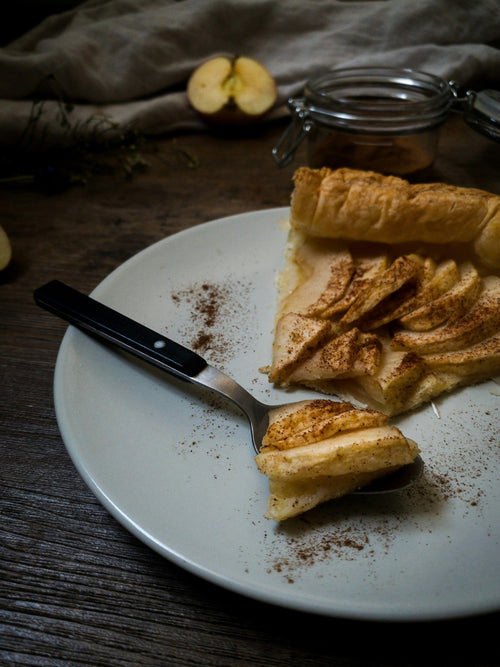
The Most Amazing Food Recipes You Want To Make In This 2025 #4
Subscribe to our emails
Be the first to know about new posts , giveaways and so much more!
Email
...
-

The Most Amazing Food Recipes You Want To Make In This 2025 #3
Subscribe to our emails
Be the first to know about new posts , giveaways and so much more!
Email
...
-

The Most Amazing Food Recipes You Want To Make In This 2025 #2
Subscribe to our emails
Be the first to know about new posts , giveaways and so much more!
Email
...
-
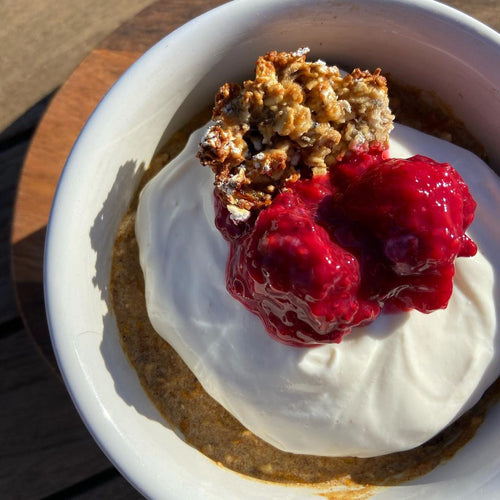
The Most Amazing Food Recipes You Want To Make In This 2025 #1
Subscribe to our emails
Be the first to know about new posts , giveaways and so much more!
Email
...
-
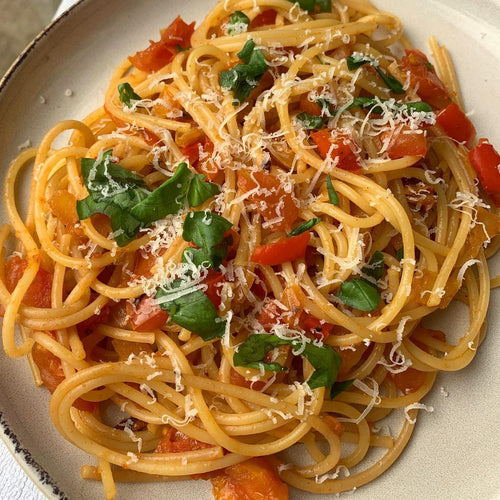
How to make: Roasted Tomato And Garlic Spaghetti
Hey foodies! Today, I'm sharing a recipe that has become a staple in my kitchen – Roasted Tomato and Garlic Spaghetti...
-
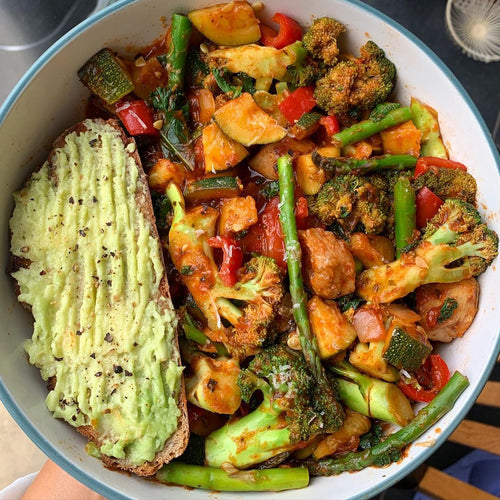
Easiest vegan bowl
Ingredients:
Red onion, garlic, tinned tomatoes, dried oregano and basil, smoked paprika, sausages cut up into piece...
-

Peanut butter pancakes
Ingredients:
40g oat flourHalf a mashed banana20g caramel protein powderHalf a tsp of baked powder100mls almond mil...
-
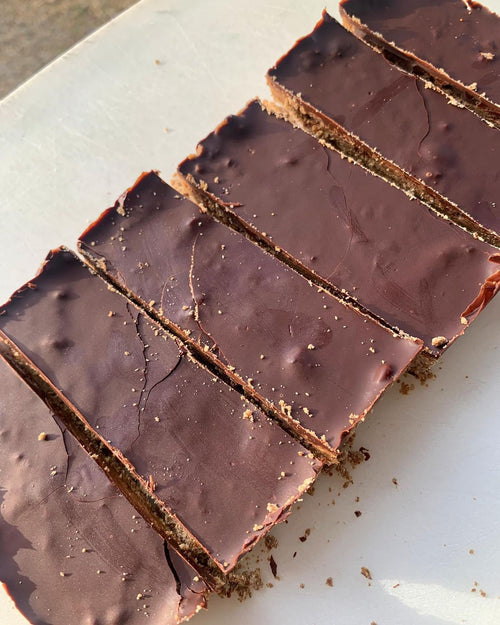
Millionaires cookie protein bars
Ingredients:
Base:60g protein powder15g coconut flour25g coconut oil30g agave
Middle layer:50g caramel spread20g aga...
-
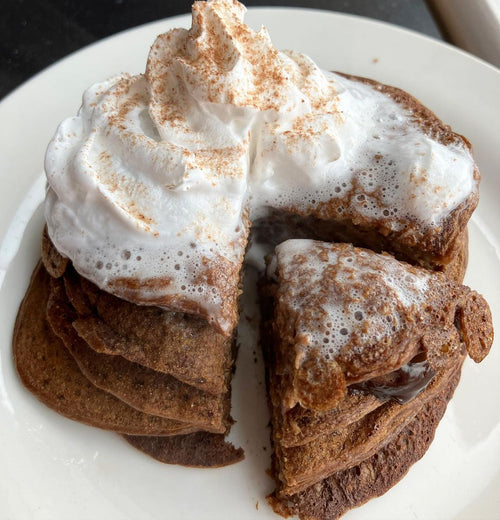
Hot chocolate stuffed pancakes
Ingredients:
40g oat flourHalf a scoop of protein powderHalf a bananaTbsp cocoa powder100mls almond milkHalf a tsp b...
-
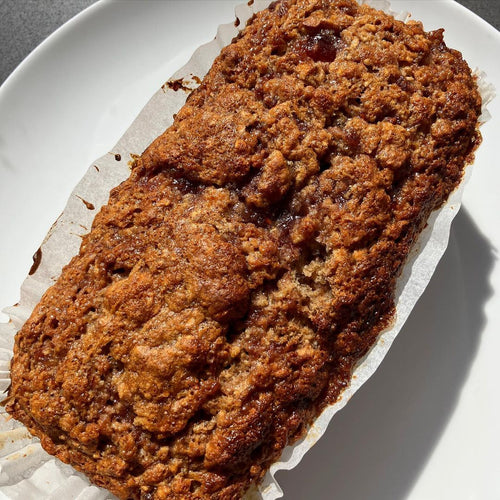
PB and J banana bread (Vegan and Healthy)
All the best in one!! So easy to make and vegan!
Ingredients:
2 bananas1 egg/flax eggTbsp peanut butter25g maple syru...
-

CHOCOLATE WAFER BAKED OATS
When your breakfast has all the right textures going on 😍
Ingredients👇🏼-1/2 cup oat flour/blended oats-1/2 cup soya m...
-
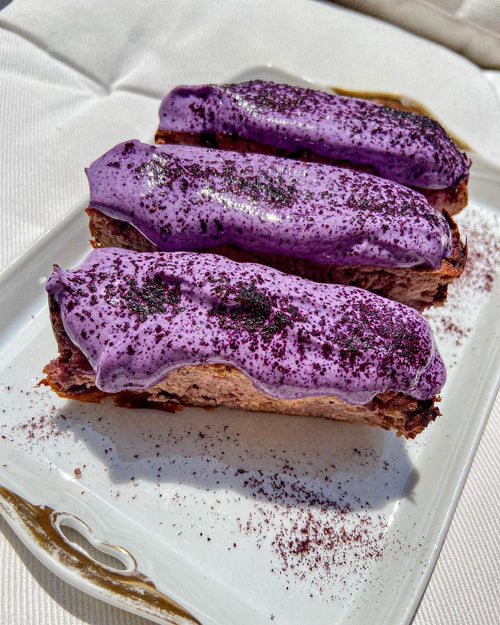
BLUEBERRY BANANA CREAM BARS (Gluten-free & Vegan)
Ingredients:
Bars:
Cream:
2 bananas
2 tbsp maple syrup
150ml almond milk
2 tbsp almond butter
2...
-

Homemade Nutella Blueberry Cake (gluten, dairy & oil-free)
The cake tastes so soft and moist and because of the blueberries it’s so fresh. You can of course also use raspberrie...
-

Amazing Food Videos #55
Subscribe to our emails
Be the first to know about new posts , giveaways and so much more!
Email
...
-

Amazing Food Videos #26
Subscribe to our emails
Be the first to know about new posts , giveaways and so much more!
Email
...













































































































































